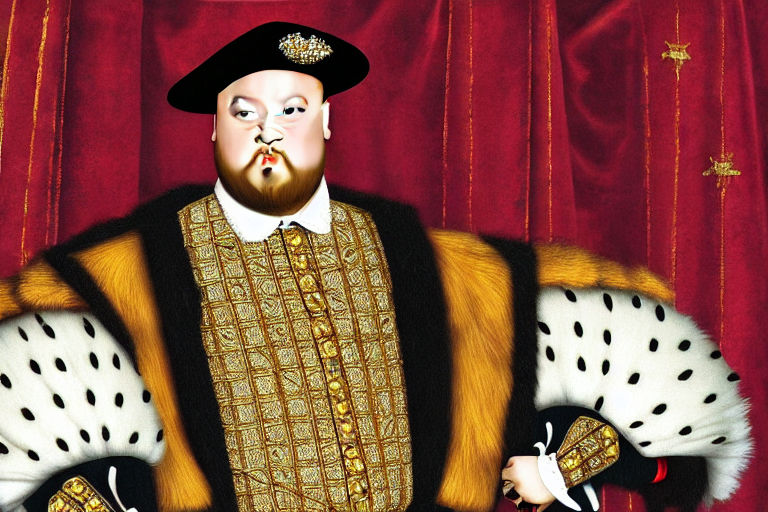Understanding the Legacy of Henry VIII in The Tudors
Henry VIII, the infamous King of England, left a lasting impact on history that is still felt today. His reign, which lasted from 1509 to 1547, was marked by political turmoil, religious upheaval, and personal drama. It was also the inspiration for the popular historical drama series, The Tudors. In this post, we will explore the legacy of Henry VIII and how it is portrayed in The Tudors.
Political Legacy
During his reign, Henry VIII instituted a number of significant political reforms. He centralized power in the monarchy, weakening the power of the nobility and establishing the Church of England as the state religion. These moves were critical in establishing the stability of the English monarchy and laying the groundwork for the country's future success as a world power.
In The Tudors, we see how Henry's political legacy is shaped by his desire for power and control. He is portrayed as a shrewd and ruthless ruler who is willing to do whatever it takes to get what he wants. This includes breaking with the Catholic Church and marrying six different women in his quest for a male heir.
Religious Legacy
Henry VIII's religious legacy is equally significant. His break with Rome and the establishment of the Church of England paved the way for the Protestant Reformation in England. This had far-reaching consequences for the country's religious and cultural identity and helped set the stage for the rise of Puritanism.
The Tudors portrays Henry's religious legacy as a mixed bag. While he is credited with breaking England free from the grip of the Catholic Church, he is also shown to be intolerant of those who hold different religious beliefs. Throughout the series, we see religious dissenters persecuted and even executed for their beliefs.
Personal Legacy
Finally, Henry VIII's personal legacy is just as fascinating as his political and religious legacies. He is perhaps best known for his six marriages, which were filled with drama and intrigue. His quest for a male heir led him to divorce his first wife, Catherine of Aragon, and marry Anne Boleyn. When Anne failed to produce a son, he had her executed and moved on to Jane Seymour, who finally gave him the son he had been seeking.
In The Tudors, we see Henry's personal legacy portrayed as one of excess and indulgence. He is shown as a man who is ruled by his passions, whether it is his love for his wives or his appetite for food and drink.
In conclusion, Henry VIII left a complicated legacy that is still the subject of much fascination and study. The Tudors is just one example of how his life and reign continue to captivate audiences today.



